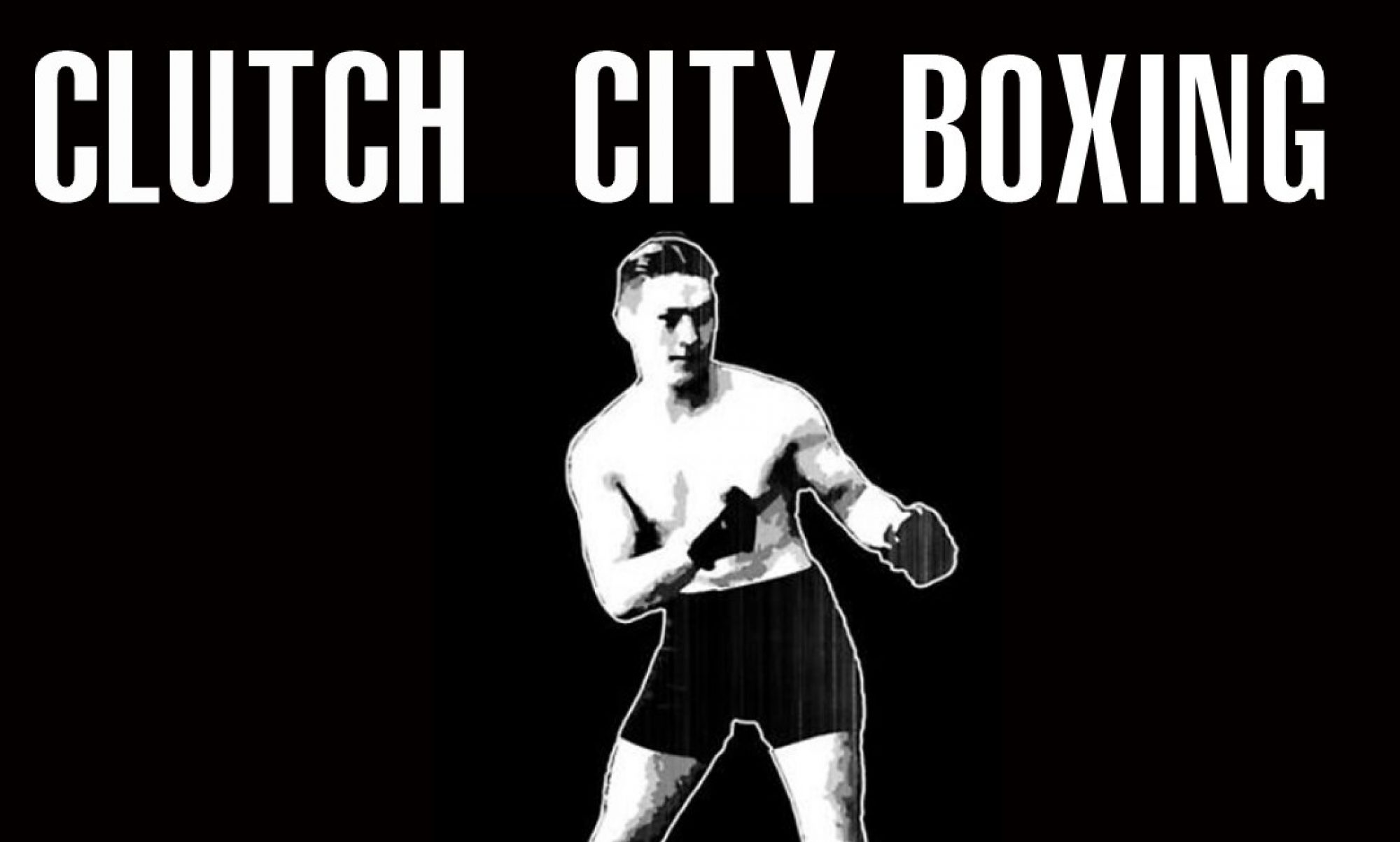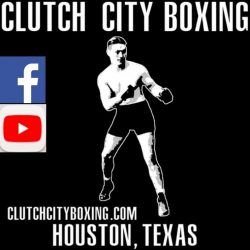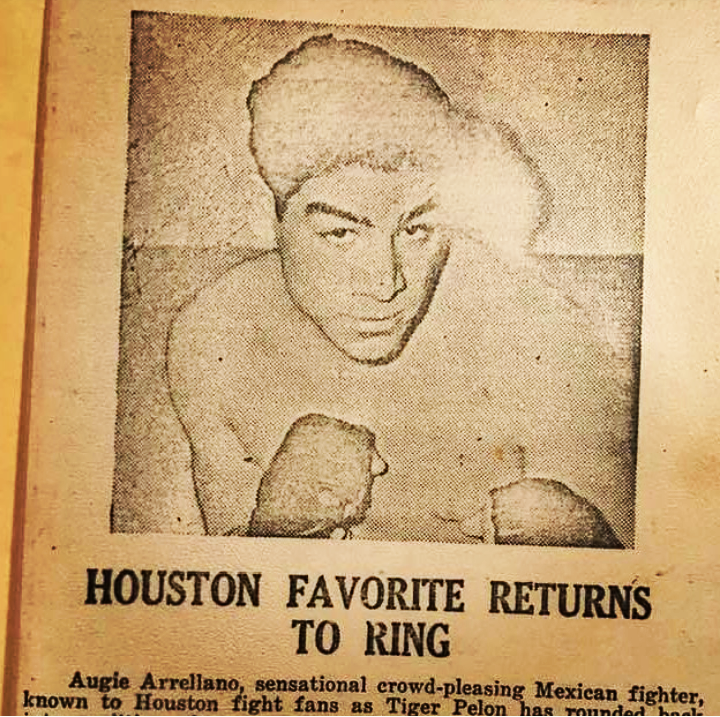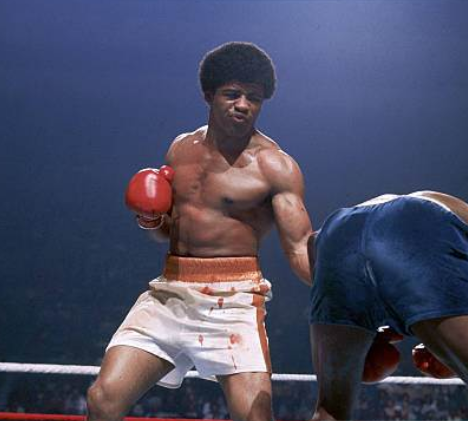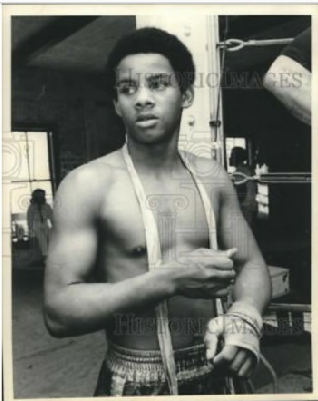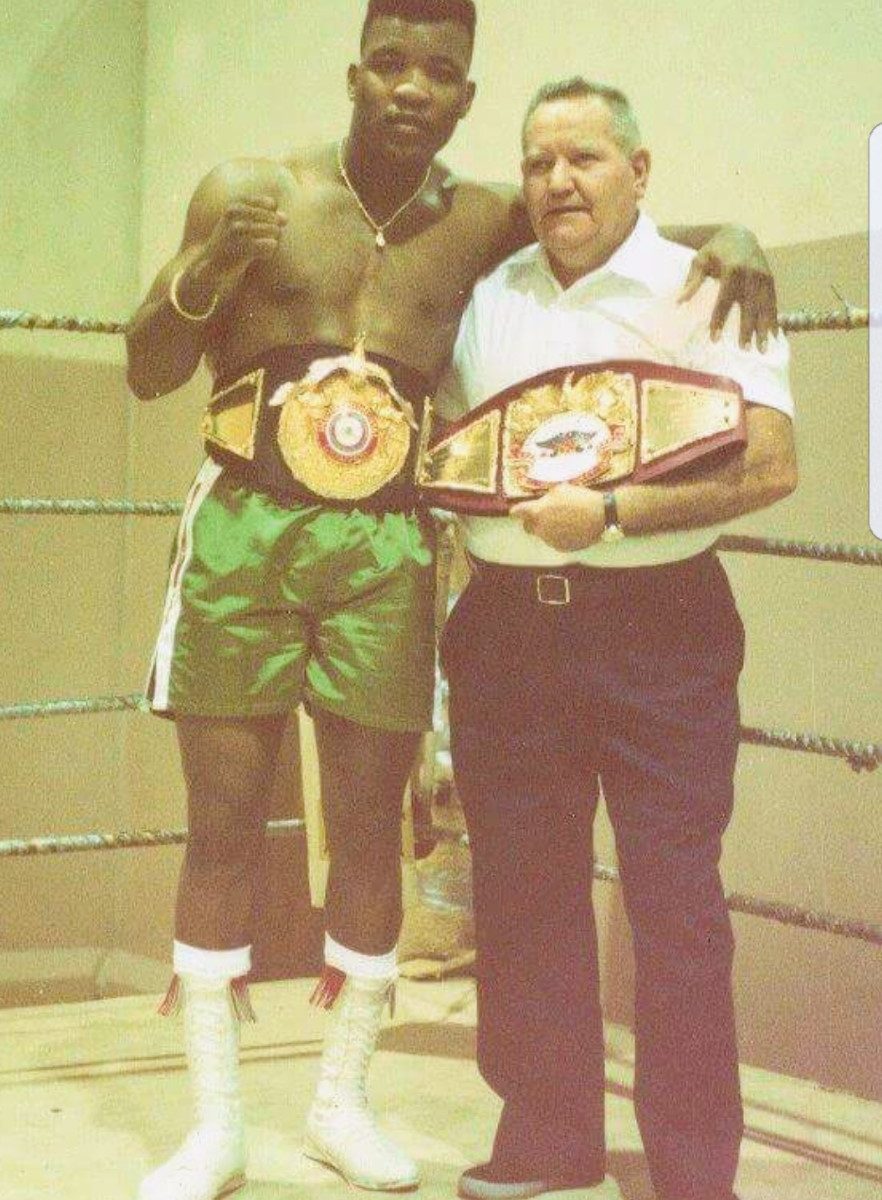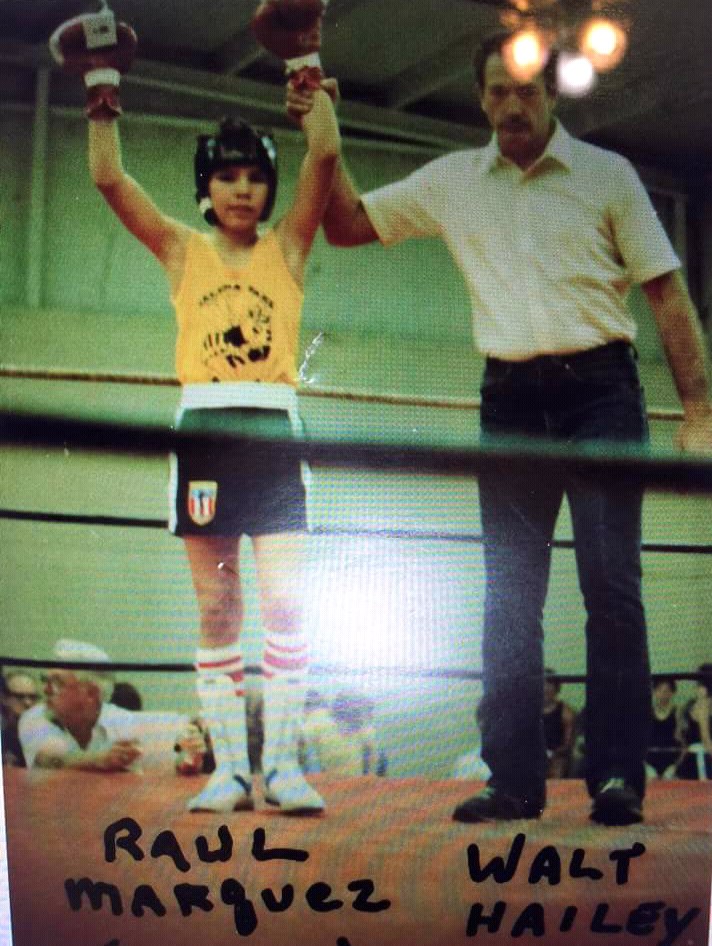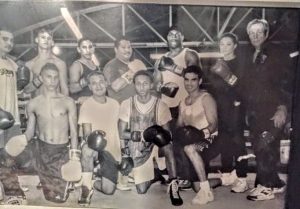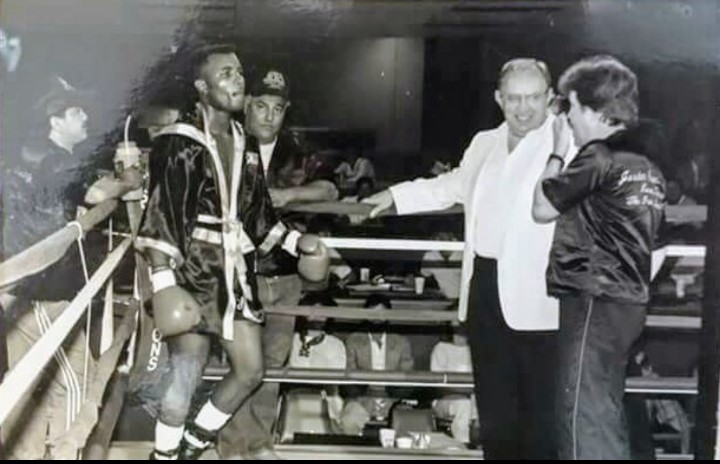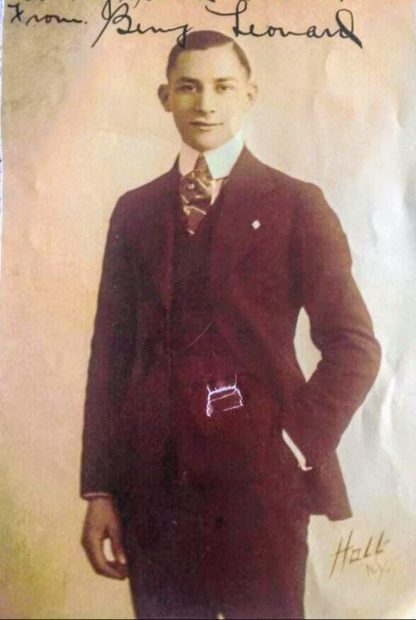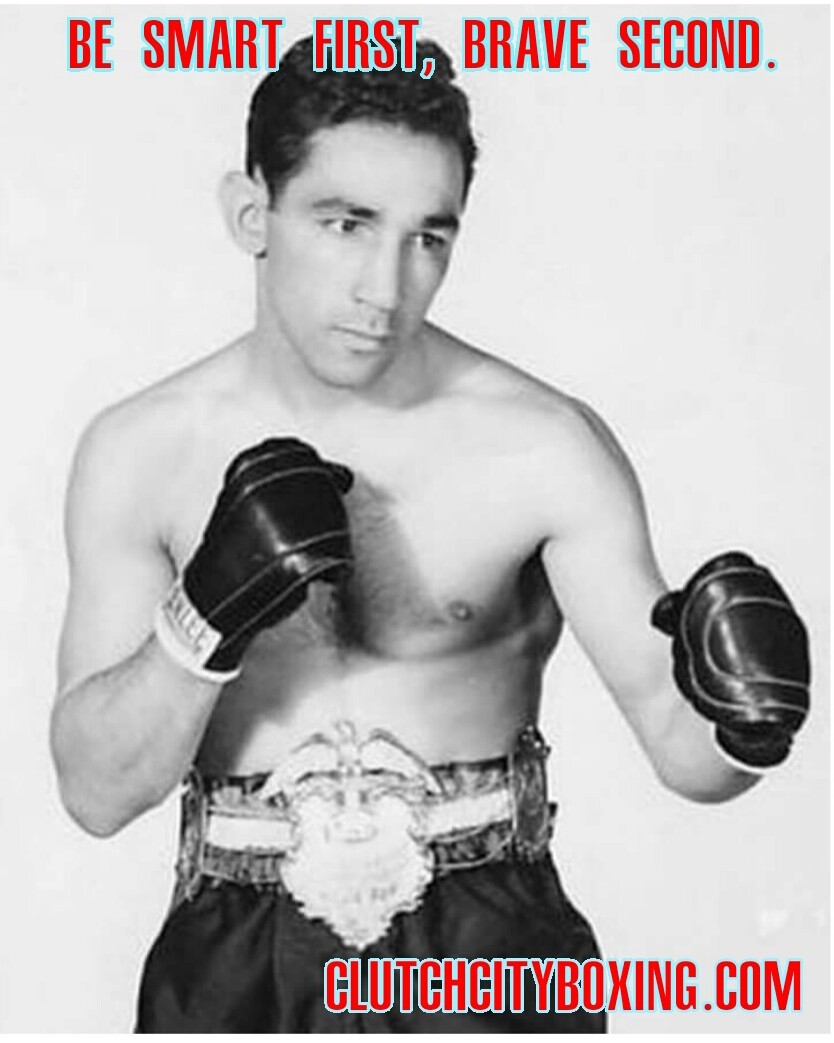Benny Leonard, arguably the greatest lightweight in boxing history, as well as one of the best boxers in history, held the lightweight title for 7 years and 6 and a half months, from 1917 until 1925. Leonard’s record stood until broken by Roberto Duran, another candidate for greatest lightweight ever, in the 1970’s. Leonard fought in an era of newspaper decisions and no-contests bouts and is thought to have had over 200 bouts in total, with only 21 loses on record. Leonard lost 3 of his first 13 bouts but would later turn his career around and become one of the most successful boxers in history.
Leonard got his start fighting in the streets of New York as a means of self-defense, when he was in his early adolescence. His uncles taught him boxing so that he could survive those street fights without having to resort to using weapons as some of the local brawlers had become accustomed to. Before long Leonard became adept at not only defending himself but became an excellent boxer and began participating in “bootleg” boxing matches at the age of 12, at The Silver Heel Club. The “bootleg” boxing matches were held in clubs around New York and were fought for small purses for the fighters, and betting between the friends and associates of the respective neighborhood boxers. Leonard continued participating in these “bootleg” boxing matches for three years, which served as his amateur career, then began boxing professionally at the age of 15 in 1911.
Leonard actually lost his first professional fight by knockout, then dedicated his time and efforts into becoming the best boxer he could be. Leonard became a master boxer who could win the majority of his bouts without receiving major damage and was also a strong puncher with both hands. Leonard approached boxing as a profession in that he felt he needed to spend the majority of his day in the gym perfecting his craft, working on his skills, and also watching other boxers spar and work out, to learn any movements he felt he could incorporate into his repertoire. Leonard also was a master strategist who perfected using psychological tactics to defeat opponents of every imaginable style.
So how does an early 1900’s Jewish boxer from New York figure into the boxing legacy of Houston, Texas? For a significant portion of his prime boxing years Benny Leonard trained at the famous Stillman’s Boxing Gym, where he became friends with and shared his knowledge and professional approach to boxing with a then young trainer named Bill Gore. Gore as I’ve mentioned in previous articles would later train and/or work with a virtual who’s who of Houston boxing legends when he and his business partner Lou Viscusi moved their boxing operations to Houston in the mid 1950’s. The Gore/Viscusi influence began at that time in several different downtown gyms including the famous A&B Boxing Gym owned by Bud Adams and Hugh Benbo, which is referred to by the old school Houston boxing legends as Benbo’s Gym, or Benbo’s Downtown Gym. Their influence would continue directly up until the late 1980’s through the mid 1990’s with the Height’s Boxing Gym and will always be a part of Houston boxing through all of the legendary boxers and trainers involved with them through those years.
There are too many names to list of the known and some not so known Houston boxing participants that were involved with Gore and Viscusi throughout the years but some of the names include Kenny Weldon, Termite Watkins, Roy Harris, and Cleveland “Big Cat” Williams. Joe “Old Bones” Brown and Manny Gonzalez, not from Houston but who lived and trained here with Gore at Benbo’s Gym, also helped teach and work with many Houston and Houston area boxers. Joe” Old Bones” Brown trained Kenny Weldon for a while when Bill Gore died, and Manny Gonzalez has been credited with helping Jesse Valdez perfect some of his pristine footwork. Through some of these connections many boxers from the area benefited from the Benny Leonard/ Bill Gore influence through their training with Weldon, Watkins, and Harris and the respected programs and gyms they operated, and still operate but there would still be more to come.
Lou and Richard Viscusi would later open The Height’s Gym in the 1980’s where many Houston boxers and trainers undoubtedly felt the Benny Leonard/Bill Gore influence. Again, there are too many names to remember but a few of the names include, Al Boulden, Pops Richards, Gary Simons, Ezzard Charles Adams, Creed Fountain, Willie Boyd, Hector Rocha, Raul Marquez, David Donis, Edward “Pee Wee” Parker, Ulysses Boulware, David Gonzalez, Sergio Donis, Cliff Jacobs, Benny Q, Thomas Tate, and Lee Canalito. Benny Leonard’s analytical and scientific approach to boxing has and will continue to influence generation after generation of Houston boxers and trainers, something we can be very proud of as we continue dominating the State, National, and World boxing rankings.
